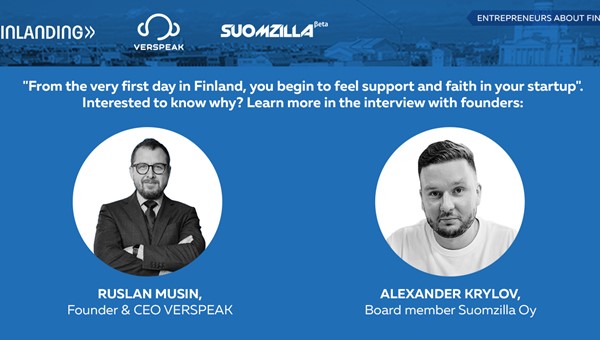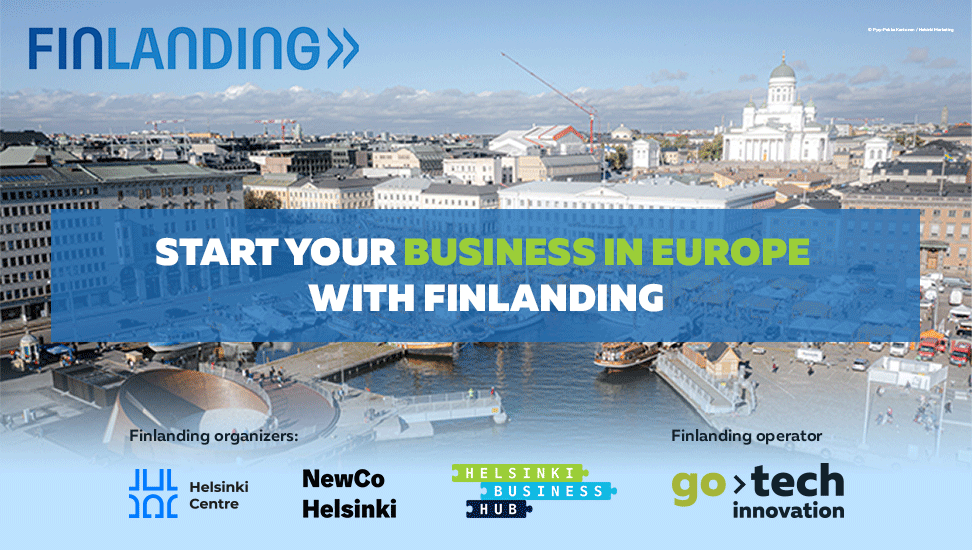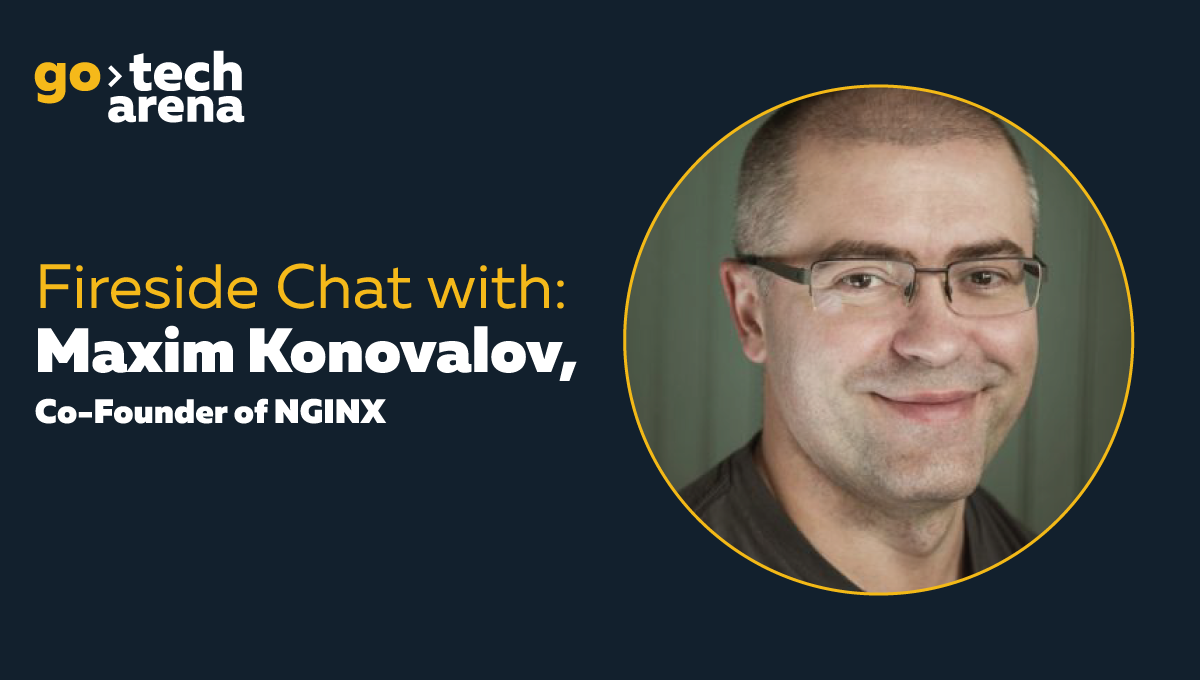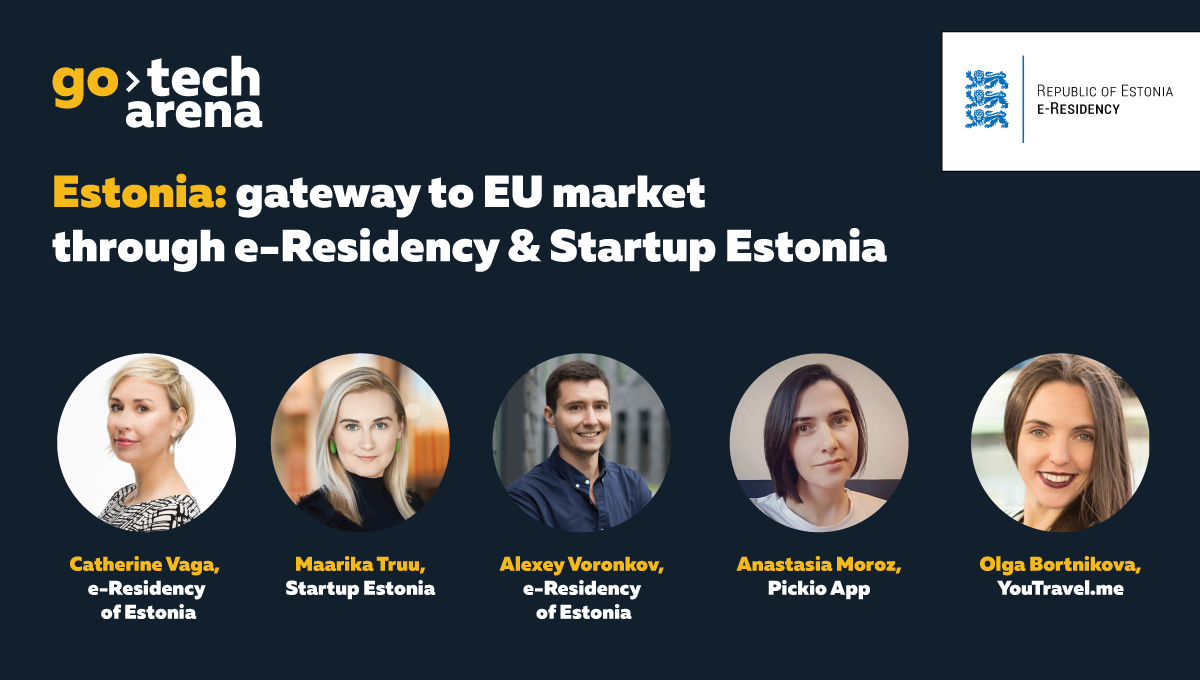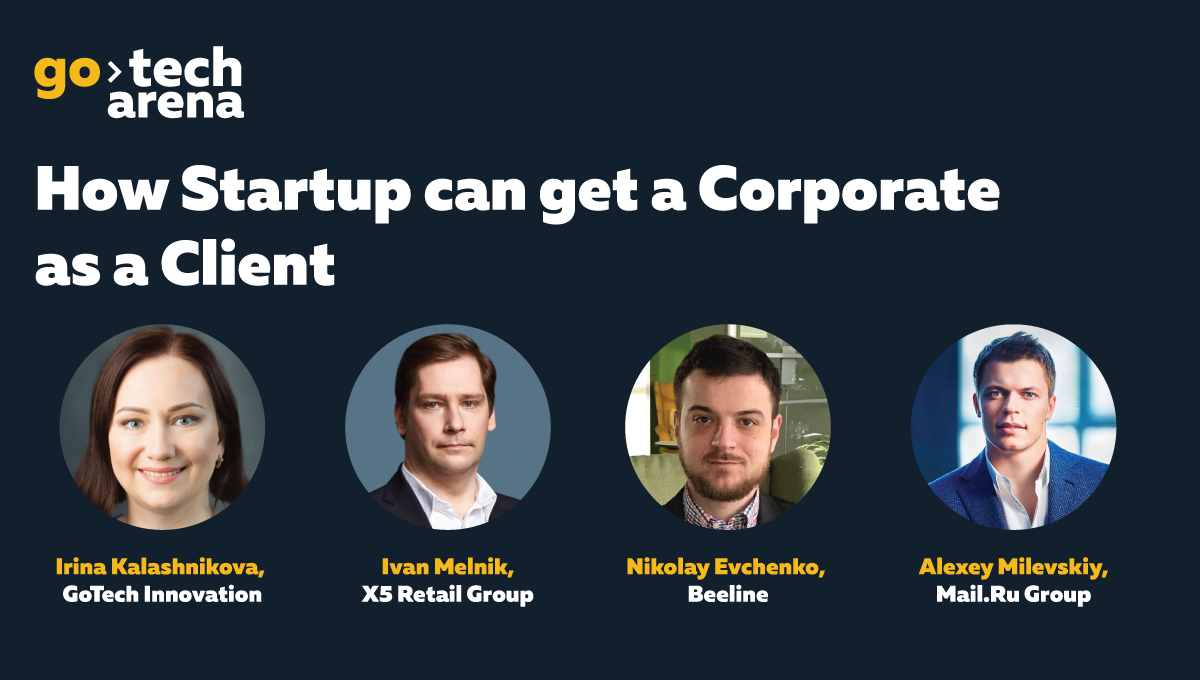9/4/2017
“If the wall is thick it does not mean you should not be hammering through it” - Alexander Turkot
Founder of the Maxfield Capital talks about problems of big corporations, prospects of Russian startups abroad, brain drain and venture market.

On October 12 GeTch forum will be open with a “GoGlobal: how can a company succeed on international market” discussion. Leaders of the top venture funds will take part in the discussion: Dmitry Chikhachev (Runa Capital), Alexander Galitsky (Almaz Capital), Yuri Gurski (Haxus) and Alexander Turkot (Maxfield Capital).
We asked Alexander Turkot, founder of the Maxfield Capital to share his view about the venture market and about the role Russian startups currently play in the global ecosystem.
About the impact of USA latest elections and Brexit on Russian venture market
It was expected that USA latest election will bring great economic changes, for example, new taxation or immigration policies. Some were also hoping to see America warming up towards Russian institutions. However, none of that has happened so far. As for me, I’m not expecting the atmosphere to warm up in the next couple of years.
The first shock of the Brexit vote results is gone, and there are no dramatic changes so far. Great Britain holds a great potential for our startups, it’s more open for collaboration than for example the US. Britain has always advocated for its own interests. Of course, they are trying to stay alert when it comes to such kind of relationships. However, while in the most American corporations the words “Russian roots” immediately trigger a red light alert, English businessmen still look at the business first.
About the brain drain and brain rotation
I would not dramatize over the brain drain in Russia. This question is equally important for businesses in China, India, Latin American countries. Of course, it is an important problem for Russia. However, the situation is not as bad as it was in the 90s, when graduates from the best universities would go abroad never to return.
I think today the “brain rotation” term is more accurate. Some graduates leave and then come back. Some workplaces in Russia are taken by foreign talent because the country can offer them attractive working and living conditions. This is a normal process. That’s how Singapore has risen. It’s a constant process in Europe and in Israel. What could be worrying is when there are no good conditions to support such rotation. For example when subjective factors such as taxation or legal factors push the talent out of the country. That’s when the danger of the brain drain becomes real.
About issues of Russian education
Our engineering and scientific education does not provide enough entrepreneurial skills. As a result, we see that very few young specialist enter high tech business and knowledge-intensive business. There are only three to five universities in Russia that go beyond providing formal knowledge by giving graduates a chance to learn how to make money, have a global worldview, feel a part of the global business and science community.
And even in these universities, all the credit goes to some charismatic educational leaders. If you look at some western universities, like Harvard or Berkeley, you’ll notice that the spirit of the university is not as much defined by a dean and his views on education process as it is in Russia. However, let’s hope that these are just the signs of a transition period and that soon we will observe some positive changes in the education which on its own is a big technology intensive market.
About collaborations between large corporations and startups
Russian big corporations are quite skeptical letting new players, Russian or international close to their processes.
There are very few examples of equal collaborations between startups and corporations. Recent directives from the higher level which prompted business to start working on creating own venture funds and focusing on startups are yet to bring any tangible results.
“How can we make big business more adaptive?”. As long as I’ve been in this ecosystem, working on startups and innovations I’ve been on a quest looking for an answer to this question.
I haven’t arrived at a solution yet. It seems like the main problem of big corporations lies in multilevel hierarchical systems. Let’s say the head of the company understand the importance of innovation and would like to see new ideas implemented. However, when the task goes down to the execution level it meets executors who are all busy working on their own regular tasks. Any new person in this system is a problem when it’s not clear who is he accountable to. It’s even a bigger problem if a new person is not accountable to anyone.
On top of that, a lot depends on the general state of the economy. Startups and small technological and scientific business aren’t isolated from the big economic system. When there is no demand on the market, when even big corporations are forced to focus on survival and have no chance to look at the future, it’s hard to expect big wins. It truly is a vicious circle: when corporations are not paying attention to new ideas, when they are not developing, they are lagging more and more. As the result, they just have to focus on survival. The only way to avoid it is to open up to new ideas and new businesses.
About the prospects of Russian startups in the international market
There is no “one fits all” solution. There are a lot of factors, such as market segment, a specific technological focus of the startups and so on. For example, why would a startup focus on retail even consider going abroad? It’s a losing strategy - there is a different market out there, different conditions, different factors influencing the demand. But if a team feels like their solution would be competitive and really useful abroad, of course, it makes sense to give it a try. In some cases western accelerators can help, but not always. A team needs to be ready to face disappointment, there are no proven guarantees of success.
In my personal opinion, in the next couple of years, Europe will remain the best region to start the global expansion from. To a certain extent it will be countries like Germany and France, but mostly it will be countries that are already starting to integrate with the global market, like Scandinavian countries, Ireland and Switzerland. As for Asian countries like India, China, Indonesia, and Malaysia - those are of course giant markets, however, I do not have enough experience in this area to evaluate the prospects of Russian startups in these areas.
About the future of venture business
As for my future outlooks - I remain optimistic. We’ve heard about the death of venture industry in Russia multiple times. And I believe that those statements are faulty. Yes, it’s true that we are living through a difficult situation. It’s difficult, but not hopeless. If the wall is thick it does not mean you should not be hammering through it. We are learning, new companies are entering international markets. There are some successful examples in this area. Could it be better? Of course. However, I see no signs of the death of the industry.


